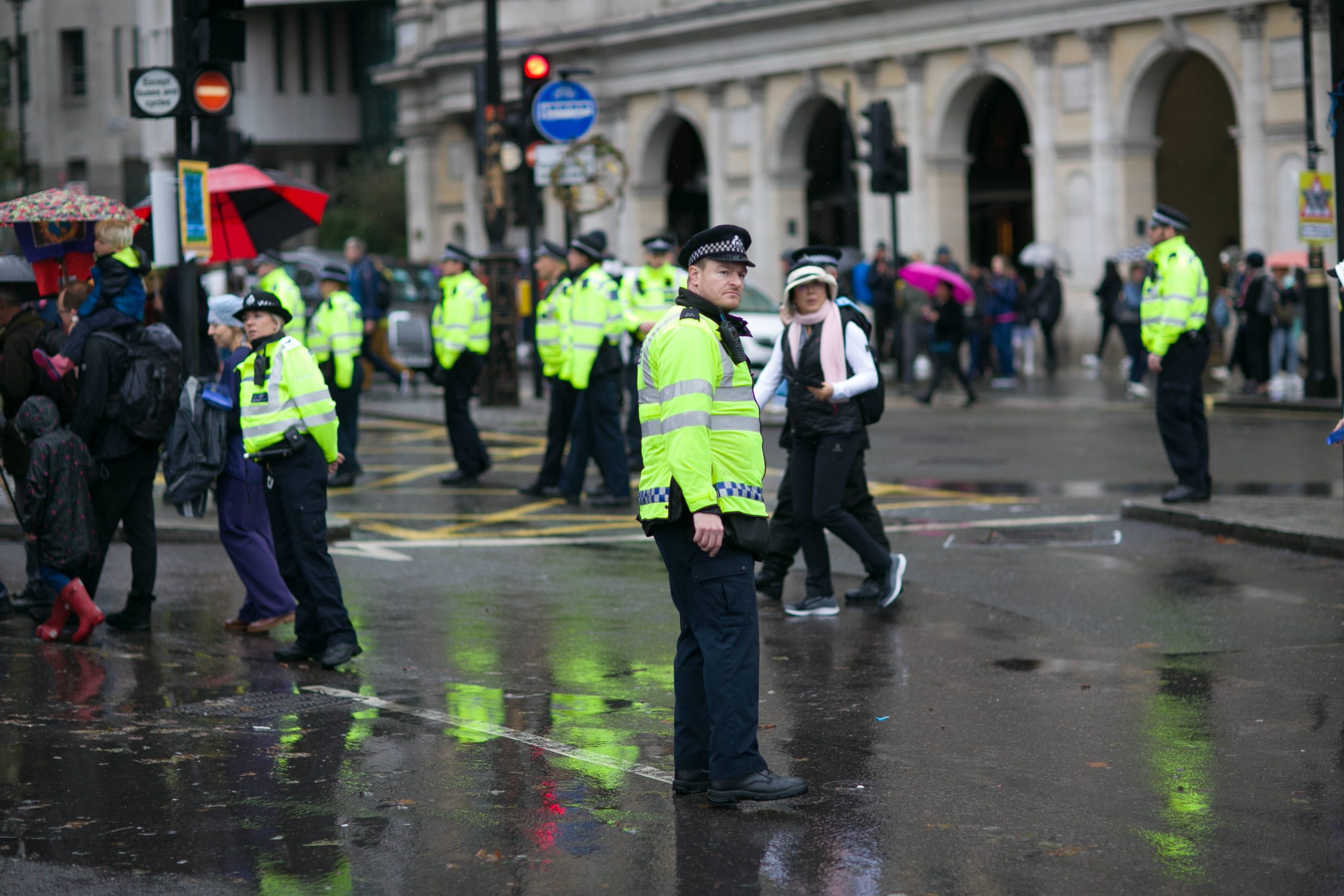Martyn’s Law and the UK counter-terrorism strategy are two important concepts that are having a significant impact on the security industry.
Martyn’s Law states that
“The security of any system is only as strong as the weakest link.”
This means that even if a system has strong security measures in place. It can still be vulnerable if one component is not secure.
The UK counter-terrorism strategy is a set of coordinated measures that are carefully designed to prevent, detect, and respond to terrorism. The strategy has evolved in response to changing threats, and it is now more focused on preventing radicalization and tackling the root causes of terrorism.
Martyn’s Law and the UK counter-terrorism strategy are both moving the goalposts for the security industry. They are making it more difficult for organisations to stay secure, and they are requiring security professionals to think more creatively and proactively about how to protect their organisations.
The security industry is responding to these challenges by developing new technologies and techniques, and by partnering with other organisations to share information and resources. Yet, there is still much work to be done, and the security industry will need to continue to innovate to keep pace with the evolving threat landscape.
Martyn’s law
Named after Martyn Hett, who was brutally killed alongside 21 others in the Manchester Arena terrorist attack in 2017. Hett’s mother, Figen Murray, has been campaigning for Martyn’s Law to be introduced in the UK, and the government has now announced plans to do so.
Martyn’s Law will need organisations that operate publicly accessible locations with a capacity of over 100 people to take steps to improve security. These steps could include:
- Conducting a risk assessment to identify and mitigate potential security threats
- Implementing physical security measures, such as CCTV and security guards
- Training staff on security procedures
- Developing a communication plan in case of an attack
Martyn’s Law is important for the security industry because it will help to raise awareness of the importance of security and it will provide organisations with a framework for improving their security posture. The law is also likely to lead to the development of new security technologies and techniques.
Implications for security
Martyn’s Law has many implications for the security industry.
First, it will need organisations to take a more holistic approach to security. In the past, organisations may have focused on protecting their IT systems, but Martyn’s Law will require them to also consider the physical security of their premises and the security of their staff.
Second, Martyn’s Law will require organisations to invest in new security technologies and techniques. To comply with the law, organisations will need to install physical security measures, such as CCTV and security guards, and they will also need to train their staff on security procedures.
Third, Martyn’s Law will create new opportunities for the security industry. Organisations will need to hire security consultants to help them comply with the law, and they will also need to purchase new security technologies and services.
UK Counter-terrorism strategy
The UK counter-terrorism strategy is a set of coordinated measures that are designed to prevent, detect, and respond to terrorism. The strategy is called CONTEST, and it was first published in 2003. CONTEST has been revised several times since then, most recently in 2018.
The key objectives of CONTEST are to:
Prevent: Prevent people from becoming radicalised and supporting terrorism.
Detect: Detect terrorist plots and activities before they can be carried out.
Respond: Respond to terrorist attacks in a way that minimises harm and brings the perpetrators to justice.
The new strategy focuses on preventing people from becoming terrorists in the first place, rather than just responding to attacks after they have happened. This includes working with schools, communities, and other organisations to provide support and guidance to people who may be at risk of radicalization.
The government is also working to disrupt terrorist networks and make the UK more resilient to attacks. This includes improving security in public places, developing new technologies to detect and respond to attacks, and working with international partners to share intelligence.
The security industry is playing a key role in implementing the government’s counter-terrorism strategy. Security companies are providing a range of services, including threat assessment and intelligence gathering, Prevent programs, and protective measures. They are also developing new technologies to help the government meet the challenges of counter-terrorism.
The UK’s counter-terrorism strategy is a comprehensive and evolving approach to keeping the country safe. It is having a significant impact on the security industry, which is providing a range of services to help the government implement CONTEST.
The UK’s counter-terrorism strategy is a complex and ever-evolving challenge. The security industry is playing a vital role in helping the government to meet this challenge, and it is likely to continue to do so in the years to come.
Moving the goalposts for the security industry
Martyn’s Law and the UK counter-terrorism strategy are raising the bar for security standards in the UK. One way that the security industry is adapting is by increasing its focus on threat assessment and intelligence gathering. Security companies are working with government agencies to identify potential terrorist threats and to develop strategies to mitigate those risks.
Another way is by expanding its range of services. Besides traditional security measures, such as physical security and access control, security companies are now offering a variety of services that are designed to prevent radicalization and promote community resilience. These services include education and training programs, mentoring programs, and social media monitoring.
The challenges and opportunities that lie ahead for the security industry are significant. The threat of terrorism is constantly evolving, and the security industry must be prepared to adapt its methods and technologies accordingly. However, the security industry is also well-positioned to meet these challenges. The industry is highly innovative, and it is constantly developing new solutions to meet the needs of its customers.
Key Takeaways
Martyn’s Law and the UK counter-terrorism strategy are moving the goalposts for the security industry. These initiatives are placing a greater emphasis on preventing terrorist attacks, rather than simply responding to them after they have happened. This is a significant shift, and it is requiring the security industry to adapt its methods and technologies.
The security industry is rising to the challenge, and it is developing new solutions to meet the needs of the government and the public.
GuardPass UK is at the forefront of this innovation, and we are committed to providing the security industry with the tools and resources it needs to keep the UK safe.



